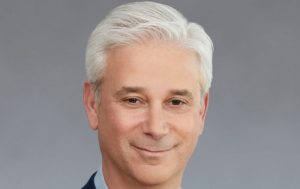Wells Fargo & Co., the fourth-largest bank in the United States, has recently reached a significant settlement of $1 billion with its shareholders. The settlement comes as a resolution to a lawsuit that accused the bank of defrauding shareholders by misleading them about its progress in recovering from a series of scandals related to its treatment of customers.
This development has implications for Wells Fargo's competitive position in the industry, as it currently operates under an asset cap imposed by the Federal Reserve, which can limit its ability to compete with larger rivals such as JPMorgan Chase & Co., Bank of America Corp., and Citigroup Inc.
According to court papers, Wells Fargo denied any wrongdoing but decided to settle in order to alleviate the burden and expenses associated with the litigation process.
The bank's headquarters are located in San Francisco, and it has been grappling with various legal challenges and regulatory probes related to its business practices. In response to these issues, Wells Fargo has already paid or set aside several billion dollars to address the concerns raised.
One of the notable scandals that tarnished the bank's reputation involved the unauthorized opening of approximately 3.5 million accounts without customer consent. Additionally, the bank was found to have charged hundreds of thousands of borrowers for auto insurance that they did not actually need. These practices not only violated customer trust but also led to regulatory investigations and subsequent legal actions against Wells Fargo.
As part of the settlement, lawyers representing the plaintiffs may seek up to 19% of the settlement fund as legal fees. By reaching this agreement, Wells Fargo intends to put an end to the ongoing litigation and the associated financial burden.
The settlement with shareholders is a significant step for Wells Fargo as it strives to rebuild its reputation and regain investor confidence. However, it is important to note that the bank continues to operate under an asset cap imposed by the Federal Reserve, which restricts its growth potential and hampers its ability to compete on an equal footing with its larger counterparts in the industry.
Despite denying any wrongdoing, the bank decided to settle in order to eliminate the burden and expense of litigation. The asset cap put in place by the Federal Reserve, which limits Wells Fargo's ability to compete with bigger rivals, presents additional difficulties as it continues to address its prior misconduct.






















